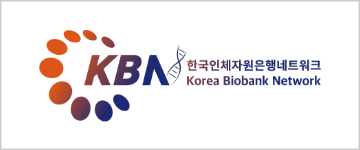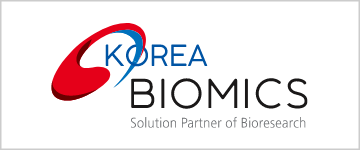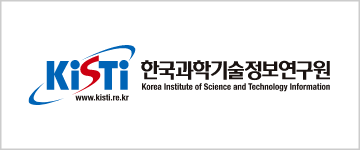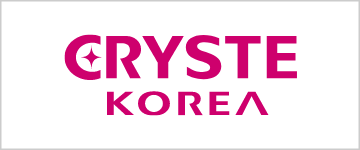2025 Fall
International Convention of PSK
2025 CONVENTION
Abstracts
Context-specific applications of CARM1 inhibitors: functional profiles of EZM2302 and TP-064
- Yena Cho1,2, Yong Kee Kim*1,2
- 1Muscle Physiome Research Center and Research Institute of Pharmaceutical Sciences
- 2College of Pharmacy, Sookmyung Women’s University
Coactivator-associated arginine methyltransferase 1 (CARM1) regulates diverse cellular processes—including transcription, cell cycle progression, metabolism, and autophagy—through asymmetric dimethylation of both histone and non-histone substrates. Although TP-064 and EZM2302 both inhibit CARM1, they may elicit distinct biological effects. We employed immunoblotting, subcellular fractionation, histone extraction, quantitative PCR, and confocal microscopy to compare the effects of TP-064 and EZM2302. Substrate methylation and autophagic responses were evaluated under nutrient-deprived conditions. Both TP-064 and EZM2302 inhibited CARM1-dependent methylation of non-histone substrates, including p300, GAPDH, and DRP1. However, TP-064 markedly reduced nuclear histone methylation marks H3R17me2a and H3R26me2a, whereas EZM2302 had minimal effect on these epigenetic modifications. Reflecting this differential impact, TP-064—but not EZM2302—suppressed transcription of autophagy-related genes and impaired LC3 lipidation and puncta formation under glucose deprivation. Consequently, TP-064 sensitized cells to energy stress by disrupting autophagic flux. These findings indicate that TP-064 inhibits both nuclear and cytoplasmic functions of CARM1, while EZM2302 selectively targets non-histone methylation events. Our study reveals fundamental mechanistic differences between TP-064 and EZM2302 in regulating CARM1 substrates and downstream pathways. This substrate-selective inhibition has important implications for experimental design and therapeutic development, underscoring the need for context-specific selection of CARM1 inhibitors in both basic research and precision medicine.
Q&A
- There are no registered questions









































